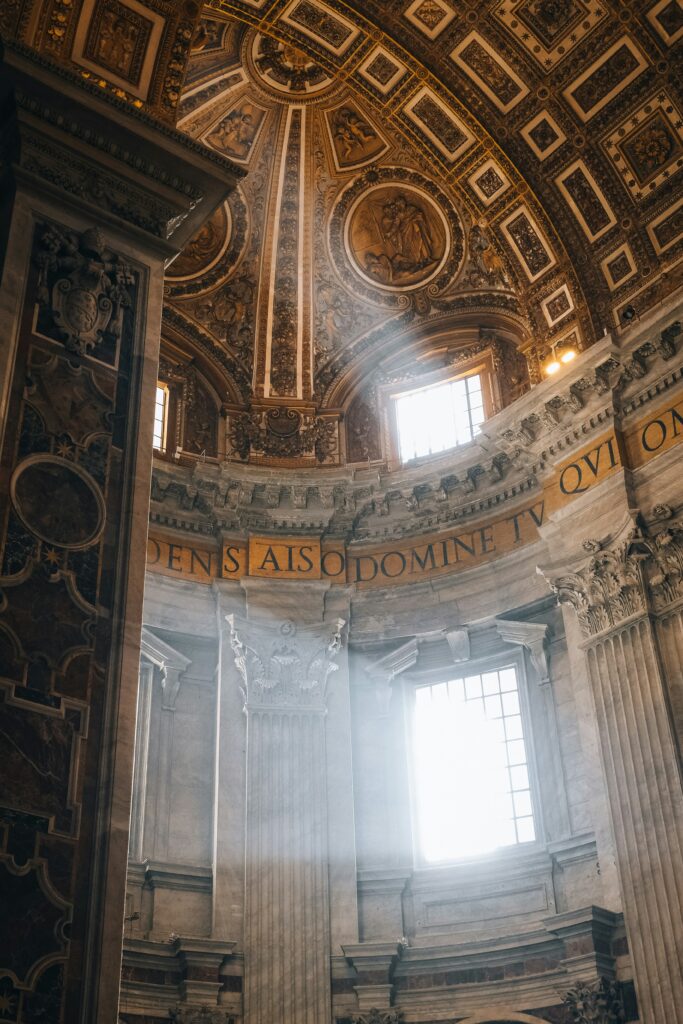Some years ago, a Baptist friend was trying to help me understand Baptist theology and practice. “There are three things Baptists don’t recognize,” he summarized: “1) the authority of the pope; 2) the validity of infant baptism; and 3) each other in a liquor store.”
The third requires no additional elucidation, while the second could be (and indeed for the past 500 years has been) constructively debated. But I assume that what triggered my recall of that long-ago conversation was the recent death of Pope Francis I. That recollection in turn suggested this reflection on some basic disagreements between Protestants and Catholics in their understandings of the office and authority of the pope.
Roman Catholic Church teaching, defined at the First Vatican Council in 1870, declares that Jesus established the office of pope with the apostle Peter. Their support for this belief is Matthew 16:18-19, “18 And I tell you, you are Peter, and on this rock I will build my church, and the gates of hell shall not prevail against it. 19 I will give you the keys of the kingdom of heaven, and whatever you bind on earth shall be bound in heaven, and whatever you loose on earth shall be loosed in heaven.”
Volumes have been written about these verses. Most follow one of two main lines of interpretation. The first, endorsed by Catholicism, teaches that Jesus gave this authority to Peter personally. Peter then exercised this authority by serving as the first bishop of Rome. Since his death, the power given to Peter has been handed on through an unbroken line of successors – the popes. This practice, known as apostolic succession, is seen as guaranteeing the unity and doctrinal purity of the Catholic Church.
The other main interpretative approach, held with some sectarian variations by Protestants, disagrees with at least three key elements of the Catholic understanding. The first is the question of who, or what, is the rock Jesus mentions. For Catholics, it is Peter himself. Protestants generally understand that the rock to be Peter’s confession, “You are the Christ, the Son of the living God.”
The second disagreement concerns the extent of the authority Jesus gave. Catholic teaching says it was given to Peter alone and has been passed down to each successive pope. Protestants traditionally believe either that this authority was given only to Peter for his lifetime or that it is now shared among believers. Historically, Presbyterians have held that the presbytery functions as a “corporate bishop.”
That raises the third point of disagreement, which concerns the way in which the Church structures itself for its God-given mission. Catholics view these verses as supporting a hierarchical model, one headed by the pope and descending through cardinals, bishops, and priests. Not seeing that structure in this text, Protestants have generally favored either congregational (Baptist) or collegial (Presbyterian) models of church governance.
The differences between Protestants and Catholics about things like the role of the pope and the structure of the Church are not inconsequential, but neither are they insurmountable. Recognizing and accurately articulating our differences lays a foundation for open and honest conversation. And I continue to believe that as Western culture becomes increasingly post-Christian, Catholics and Protestants, clear-eyed about our disagreements, will increasingly rally around the beliefs that unite us.

